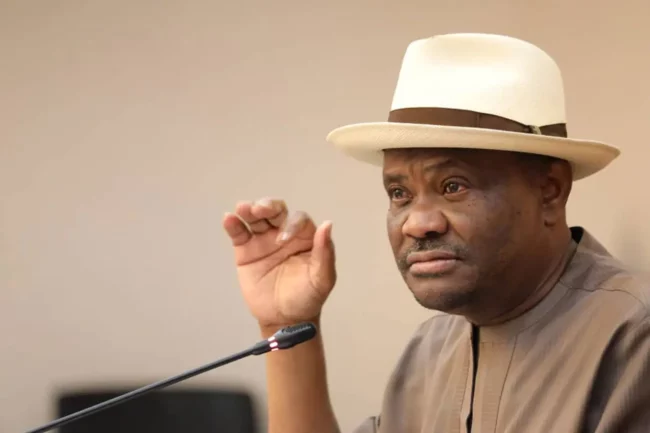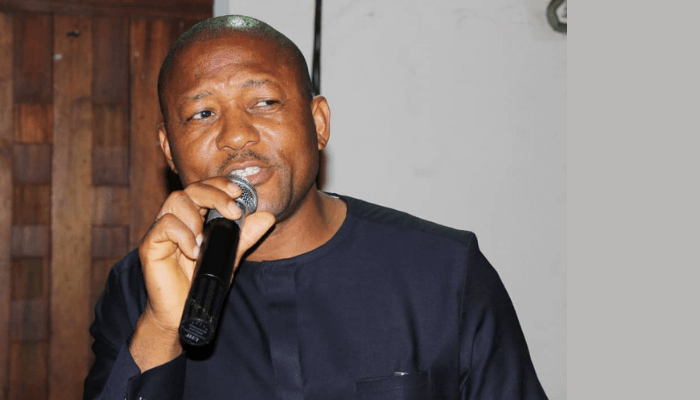
The Federal Capital Territory Administration (FCTA) is establishing an Entrepreneurship Skills Development Centre to promote entrepreneurship education among secondary school students.
Dr. Mohammed Ladan, Director and Secretary of the FCT Secondary Education Board, revealed this on Monday in Abuja during a two-day training session for FCT teachers on innovation and entrepreneurship education.
Ladan told the News Agency of Nigeria (NAN) that the centre, located at Government Secondary School, Giri, is expected to be completed by the end of the year.
He stated that the project is being undertaken in collaboration with Brunel University Business School in the United Kingdom, which has committed to furnishing and equipping the facility upon completion.
According to him, the centre will serve as a hub for entrepreneurship education across Nigeria’s 36 states and the FCT. It will also be used to train stakeholders and entrepreneurship educators at skill acquisition centres nationwide.
“We are tired of students graduating without jobs. We’re tired of hearing ‘no jobs’ repeatedly. This time, our students will start creating jobs for Nigerians,” Ladan said. “We want Abuja to take the lead in tackling unemployment.”
He noted that the FCTA’s goal is to equip students with the skills to identify and solve societal problems using locally available resources.
Some students, he added, are already turning waste into wealth. Products developed include interlocking tiles made from waste nylon and polythene, toilet paper from recycled cartons, sweet syrup from date fruits, and flower pots.
Students are also being trained in welding and fabrication, fashion design, plumbing, bricklaying, electrical fittings, shoemaking, and hairdressing.
Ladan explained that the current training for teachers is the third in a series aimed at repositioning FCT schools for innovation and entrepreneurship education.
“The first training targeted school principals, who are the accounting officers. The second was for vice principals (academics), who are responsible for implementing the entrepreneurship curriculum. The third, ongoing phase is for teachers – the programme’s drivers. We have over 400 participants from junior and senior secondary schools, including private school teachers,” he said.
He added that a fourth phase would be organised for artisans to deepen skills development and help pupils realise their full potential.












